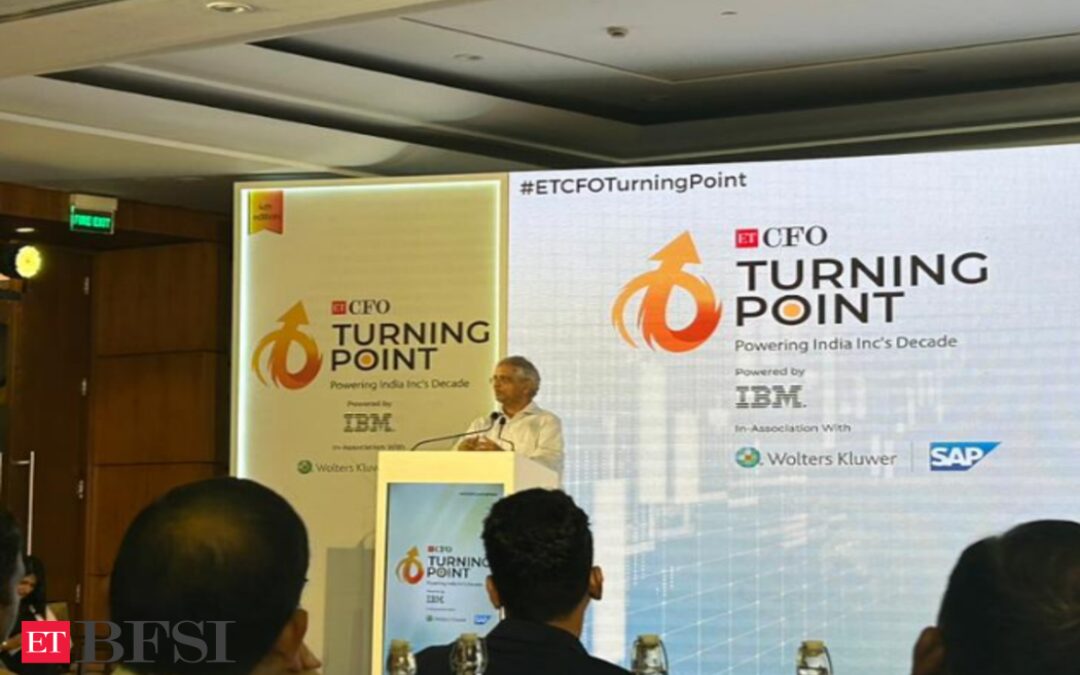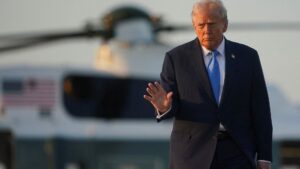Subhash Chandra Garg, Former Finance Secretary of India, recently shared his insights while delivering the keynote address at the fourth edition of annual CFO conference – ETCFO Turning Point event, detailing the factors that could drive India’s growth in the coming decade.
Drawing parallels with past industrial revolutions and shifts in global economic powers, Garg emphasised the unique opportunities that lie ahead for India.
“If you look at the decade ahead, the real growth comes from understanding the evolving global landscape,” he began.
Remarking on the history Garg said, “What products drove the maximum growth? The world grew out of textiles and steel in the 18th and 19th centuries, steel changed the ways of construction and became the driver of growth.”
India’s Former Finance Secretary noted how each era has been defined by a particular sector, from textiles and steel to electronics, which he identified as the driving force of the 20th century. He also pointed out the role of energy in industrialisation, saying, “Energy fires industrialization. The UK drove the coal story, the 20th century belonged to America, and in the 21st century, even China started to emerging.”
Where are we now?
He believes the answer lies in the transformation of energy into renewables and the significant shift towards a service-oriented economy.
“The economy is largely becoming a service economy. When automation picks up, human intellect isn’t required as much. Tremendous growth is happening around sports, travel, and entertainment—these are big opportunities for us, considering the rich heritage we possess,” he said.
He also highlighted personal services as another area where India, with its talent-rich population, could excel.
“Services will make the difference to us, and that will power India’s decade.”
He further elaborated on the potential of digitalisation and financialisation in creating new investment opportunities for CEOs, noting, “Corporate wealth is digitised, and real estate wealth will also get financialised.”
Garg advocated for a strategic focus on services, particularly in terms of exports, where he sees significant growth. “Services are doing well; exports are growing more in services. The government should invest more in services, I’d say with responsibility.”
He also addressed the role of the government in shaping this growth, emphasising the importance of market openness. “GDP is generated by the private sector, and the government can only help by keeping the policies right. We have closed our market, and so have many others. When the market is our strength, why have we not opened it? Relying less on the government and forcing them to open up will be a better strategy.”











